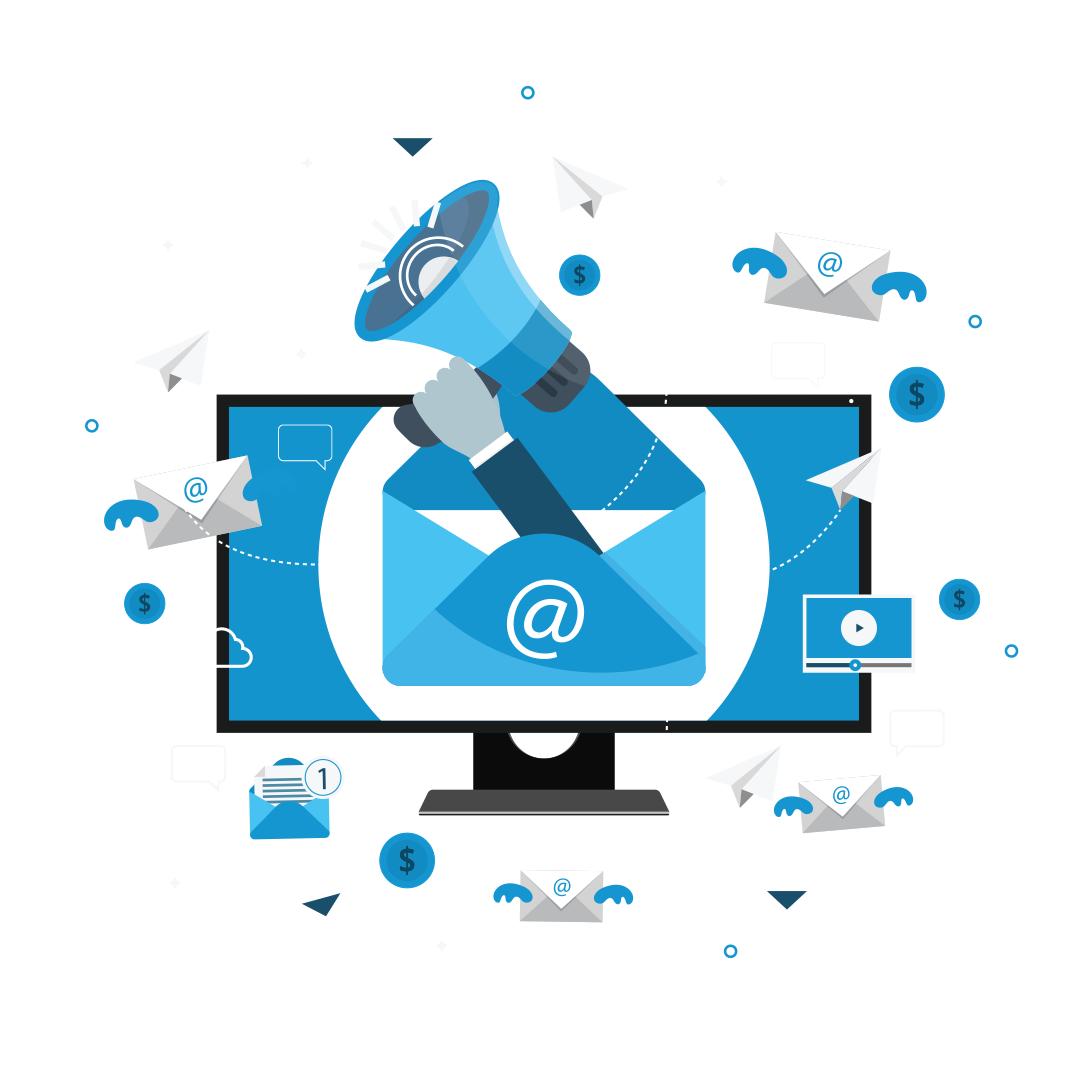Email Marketing: The Unsung Hero of Your Toolkit.
Email Marketing: The Unsung Hero of Your Toolkit - Tips and Tricks.
Content Tips:
Subject Lines That Actually Get Opened
(Not Just Ignored):
- Forget clear and concise, we’re aiming for “blimey, I’ve got to click that.”
- Instead of the dull “Newsletter,” try: “Hi, [Your Name], 20% Off Your Next Order” or “Sneak Peek: New Bits Just In, Exclusive to You.”
- Sprinkle in some oomph: “Discover,” “Exclusive,” “Limited-Time Offer.”.
- Keep it snappy – under 50 characters, or it’ll get chopped off on mobiles.
- Have a go at A/B testing: try two different subject lines and see which one gets more opens?
That Little Snippet After the Subject Line?
Don’t Waste It (Preheader Prowess):
- Instead of the dull “Newsletter,” try: “Hi, [Your Name], 20% Off Your Next Order” or “Sneak Peek: New Bits Just In, Exclusive to You.”
- Think of it as a teaser. Example: “Summer style tips and a cheeky discount inside.”
- Keep it brief – around 100 characters.
Making Your Email Easy to Read
(Because Nobody Likes a Wall of Text):
- Forget “short and sweet,” think “easy to scan, like a newspaper.” People are busy.
- Use headings, subheadings, bullet points, and numbered lists. Break it up a bit!
- Short paragraphs are your best friend – 2-3 sentences max.
- Stick to simple fonts like Arial or Helvetica. Give the eyes a rest.
- Add a bit of space between the lines.
- Use bold or italics for key points, but don’t overdo it.
Tell People Exactly What You Want Them to Do
(The CTA):
- Ditch “strong CTA” and go for “clear as day.”
- Use action words: “Grab Your Discount,” “Download the Guide,” “See the Deals, Now.”
- Make that button pop! Bright colour, big enough to tap, please.
- Put it where people can see it – top, middle, bottom, wherever.
- Make sure the button has plenty of room around it, so it is easy to tap.
Personalisation That’s Not Dodgy
(But Actually Useful):
- Don’t just use their name. Know their stuff. Segment your list.
- Show them details they’ll actually like. If they looked at shoes, show them more shoes.
- Set up emails that send automatically based on what they do on your site.
Design Tips:
Mobile First, Always
(Responsive Design):
- One column layout – it’s your best bet on phones.
- Make it change size depending on the screen.
- Test, test, test! Use tools like Litmus or Email on Acid, give it a go.
- Make sure your pictures don’t look wonky.
Pictures That Don’t Slow Everything Down
(Image Optimisation):
- “High-quality” doesn’t mean massive files. Make them web-friendly.
- Compress those images (under 1MB, if you can).
- Use JPEGs for photos, PNGs for graphics.
- Add alt text (in case the images don’t show up).
- Specify the image size in the code.
Making Sure Your Email Looks Like You Designed It
(CSS & Compatibility):
- Email clients are very fussy. Put your CSS right into the code.
- Use a CSS inliner – it’ll save you a headache.
- Keep your CSS simple. Not everything works in email.
- Old-school tables are still your best bet for layout.
Fonts That Actually Show Up
(Font Fallbacks):
- Stick to the basics: Arial, Helvetica, Times New Roman, is your safe bet.
- Have a backup font in case your main one doesn’t work.
- Test how it looks on different computers and email programs.
Don’t Hit Send Until You’ve Checked Everything
(Testing & Previewing):
- Use email testing tools.
- Send test emails to yourself and your team, to make sure.
- Check for broken links, bad pictures, and messed-up layouts, give it a once over.
- Pay extra attention to how it looks in Outlook. It’s a bit of a pain.
In short, make sure your emails are useful, easy to read, look smart, and always, always, always test.




